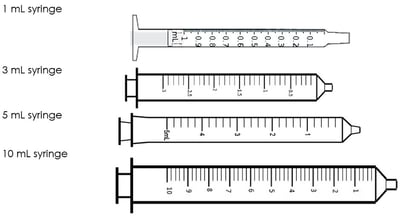What is oxycodone and what should I know about it?
Oxycodone is a very strong opioid pain medicine. Opioid is another name for narcotic. It should only be used after trying other pain control methods.
This medicine:
• should only be given if your child has a lot of pain that cannot be controlled by acetaminophen, ibuprofen or other methods.
• should only be needed for a few days.
Acetaminophen (Tylenol®) and ibuprofen (Motrin® or Advil®) are very good pain medicines. Ask the doctor for information about how to use them.
What are the side effects?
• Increased sleepiness or problems breathing. Call 911 if your child is too sleepy, does not wake easily, has trouble breathing, or has swelling of the face or lips.• Slower movements or thinking. Be careful when your child needs to be alert.
• Rash or hives. Stop the medicine and call your child’s doctor.
• Itching. Call your child’s doctor.
• Stomach upset. Give this medicine with food.
• Problems with pooping. See the teaching sheets: pain management at home and constipation.
• Problems with peeing (urinating). Call your child’s doctor.
How to give this medicine
• Only give this medicine if your child is awake, alert and has a lot of pain. Never wake up your child to give opioids.
• Follow your doctor’s directions. Never give more often than your doctor tells you.
• Shake medicine well before using.
• Use a syringe to measure the medicine. Ask the pharmacist for one.
• Take apart and wash the syringe with warm water after each use. Let air dry.
Your child’s dose is _______mL = ________mg
This dose will be based on your child’s weight and will change with time.
• If your child is still in a lot of pain after taking the medicine, call your doctor.
Write the time that you give the medicine. You may not need all the boxes.
|
Day 1 |
|
|
|
|
|
|
|
Day 2 |
|
|
|
|
|
|
|
Day 3 |
|
|
|
|
|
|
How do I safely use, store and get rid of this medicine?
• Never share prescription medicines with other people. This is dangerous. It can cause serious harm and deaths. It is also against the law.
• Get rid of unused medicine. Do not save it.
• When your child no longer needs this medicine, get rid of unused medicine. Some pharmacies and police stations will take leftover medicine. To find a location, visit The Dose of Reality website: https://bit.ly/2Hqp0hz
• Do not throw it in the sink, toilet or garbage.
Other teaching sheets that may be helpful
• #3036 Constipation




